GenNext Growers Taking Marketing To The Next Level
[blackoutgallery id=”75359″]
-
-
1 of 7
Jennifer Moss, Moss Greenhouses, Jerome, ID
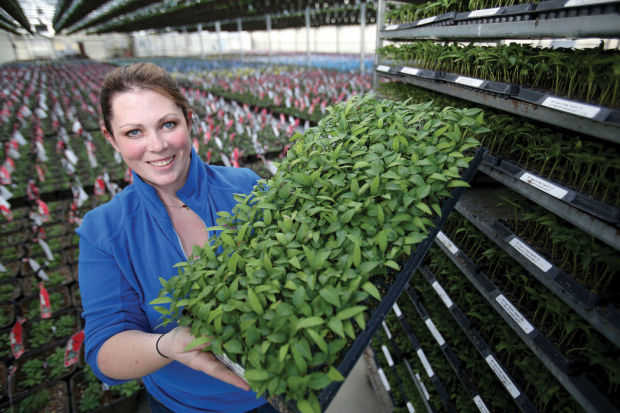
Our focus is the GenNext [customer], as the older [customer] is already buying from us. They are typically on a limited budget and are raising a family. Keeping things simple and effective seems to be the best way to reach them. We make sure that we are reaching out on social media and using a lot of pictures. Getting your company out in the community does a lot for our business too. We do interviews on the local news twice a month during the four busy months, and I sit on a few boards with the Chamber of Commerce and local Rotary clubs. With these networking opportunities, it’s an investment of time, not money. Also if you have extra material that is not moving, connect with the local farmers market and possibly have them do a giveaway on opening weekend. Everyone loves that. It helps get you into the community, and puts you “front of mind” for a future customer.
-
2 of 7
Greta Liskey, Woodbine Farms Inc., Winchester, VA

For our farm market, I think the most valuable lesson we have learned is to know your market's personality. By getting to know your customers and their needs, and by understanding your own strengths as a grower, you are better able to decide what strengths you want to highlight. For example, we continually debate whether we should offer pick-your-own. There are other markets in the area that offer this opportunity, but it would not be the appropriate fit for our target market. There are a million ways to run a market, but by knowing what your customers are looking for and understanding your strengths as a grower you can be more confident in showcasing your best attributes.
-
3 of 7
Jeremy Ulrich, Ulrich’s Produce, Newmanstown, PA
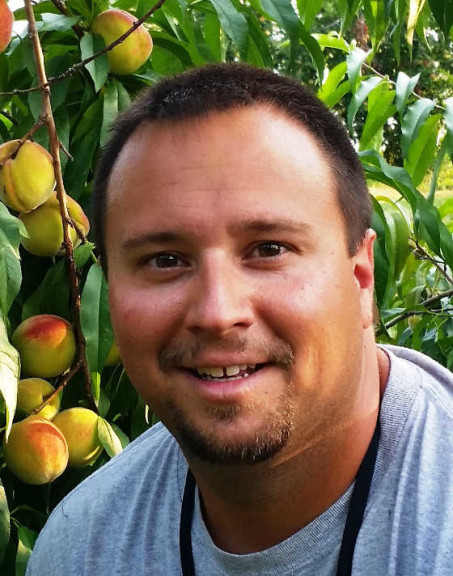
Have the proper names, signage, and logos. You have to keep your target audience in mind when developing these items. When your customers come to you, they want to see a clean brand that represents the product. You should be able to take your logo to a complete stranger, show it to them, and have them know exactly what they are getting. Logos may not be easy to design but they are extremely important. My logo is a cornucopia with fruits and vegetables in it. This represents the produce I sell and it also represents my craft division.
-
4 of 7
Charles Stoecker, Stoecker Farms, White Hall, MD
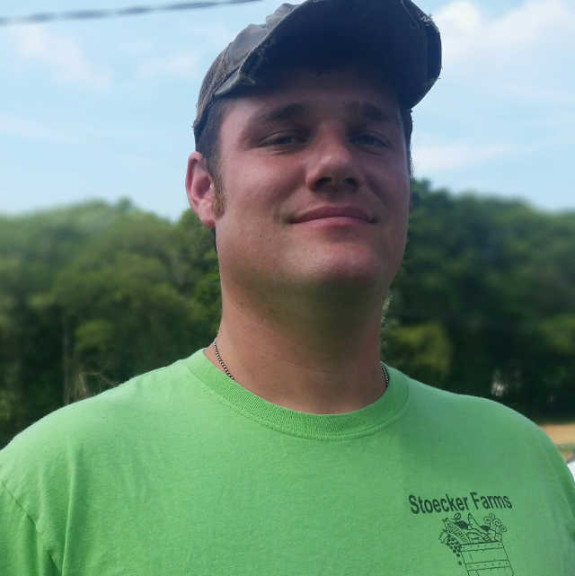
While we welcome all customers, we are targeting people that want fresh, local, and sometimes exotic veggies. I listen to what customers ask for, and we also mention in our CSA brochures that we will grow a specialty item if requested. I have found that many people come to farmers markets to try to get items that may not be readily available in their local area. When they see you are open to trying something new, they will purchase other items as well.
We make our CSA members feel that they are a part of our operation by sending out weekly updates about what is happening. We also use this as a method to educate them as to the reality of farming today. We participate in local community events, i.e. donating items to silent auctions, and participating in one-day special farmers markets. We let people know where we are located and where they can purchase our items. We also use Facebook to post updates on current and upcoming events, availability, and commentary related to the operation.
-
5 of 7
Kimberly Erickson, Erickson Farms, Inc., Canal Point, FL
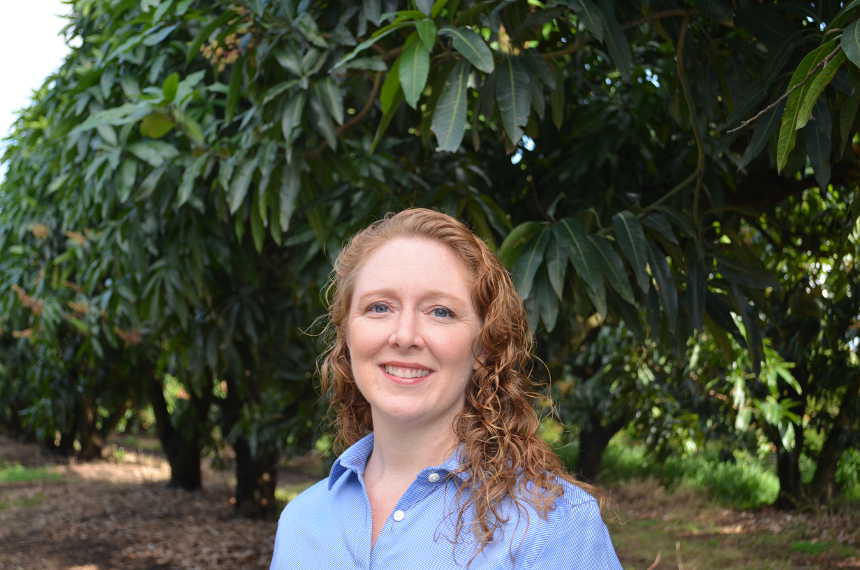
Consumers increasingly desire a better understanding about the source of their food. A great way to build that connection is to help them feel familiar with the grower. Familiarity and a sense of trust in the people who grow the food can create strong brand loyalty. This is especially true for family farms and even more so with multi-generational family farms, regardless of size. Expressing the dedication that your family has to food production and natural resource preservation can go a long way. In my opinion, bringing the human elements back into focus helps contrast the “factory farm” connotations prevalent in the media. Authenticity is especially valuable in marketing agricultural products. For small and family farms this means that low cost marketing techniques are your best friends. Messaging should be consistent and as professional as possible, but anything too polished or “slick” will be perceived with suspicion among many of today’s consumers.
-
6 of 7
Brent Barnhart, Country Creek Produce, Chambersburg, PA
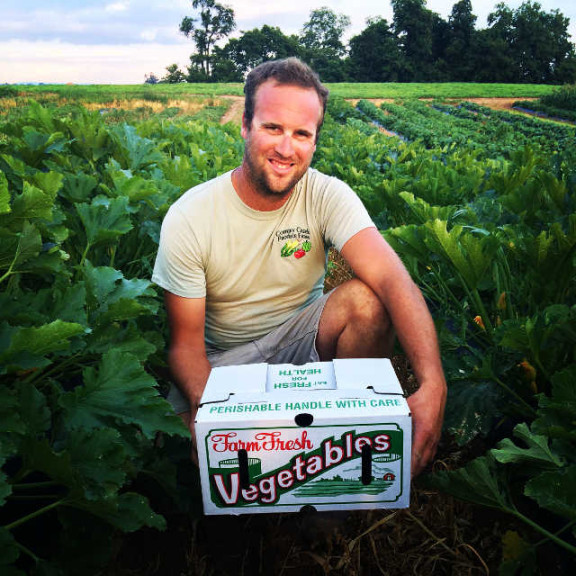
When thinking about marketing and advertising, we think about who our target audience is and what is the most efficient and effective way to reach them. We also look at the market – competitors, trends, etc. Posts on Facebook only reach about 4% of those that “like” your page and that doesn’t cut it for us. We use Facebook targeted ads where we chose who sees our posts. For example, a demographic of women ages 25-49 who live within 15 miles of farm, who like shopping at Target works well for us. You can spend $5-$20 and reach 10 times more people this way. We are big on cross promoting our activities throughout each season so if they come out to pick strawberries, then they know about our corn maze in the fall.
We also created a hashtag that brands our produce farm (#farmfresh), also found on the back of our distressed T-shirts. We also use #CountryCreekProduce and #CountryCreekProduceFarm when posting on Facebook and Instagram, so if anyone clicks on that hashtag, our other posts using that hashtag appear, showing them our entire brand’s story. Consistency is critical in branding your farm and/or produce.
-
7 of 7
Sara Corey, Daniel Corey Farms - Nu Seed Corp. - Seed Pro Inc., Monticello, ME

We currently have a very aggressive variety development program, and in my eyes, the best marketing tool you have is yourself. Attend meetings, attend expos, attend conventions, join industry groups, and get your name and varieties out there for you and your company. If you are known in the industry, then your company is known in the industry. We try to have someone from our company represent us at almost every event. Making contacts in this industry is crucial, and I have definitely found that the potato industry is a small world. Potato growers love to talk about what they are doing that works and doesn’t work, different varieties included.
Being a quality seed grower in the potato industry requires a huge amount of trust that your product will perform year after year. Along with a good reputation, you also need to tell your growers what you are doing above and beyond your competition i.e., variety development, ventilation systems, disinfectant practices, crop rotations, and cooling systems.
View all
Jennifer Moss, Moss Greenhouses, Jerome, ID
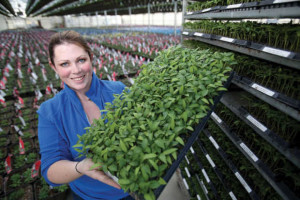
Greta Liskey, Woodbine Farms Inc., Winchester, VA

Jeremy Ulrich, Ulrich’s Produce, Newmanstown, PA
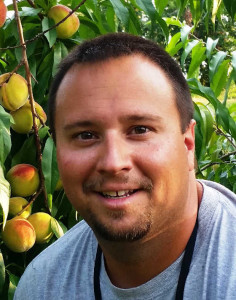
Charles Stoecker, Stoecker Farms, White Hall, MD

Kimberly Erickson, Erickson Farms, Inc., Canal Point, FL
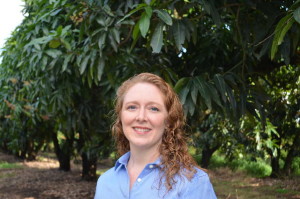
Brent Barnhart, Country Creek Produce, Chambersburg, PA
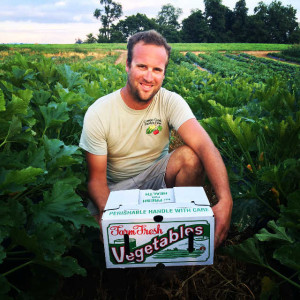
Sara Corey, Daniel Corey Farms - Nu Seed Corp. - Seed Pro Inc., Monticello, ME

In part two of our Marketing Tips From 14 GenNext Growers feature, we conclude with the remaining marketing and branding tips from GenNext growers who are setting their businesses apart, and leading in the marketplace. Click the slideshow above to see their advice.
Subscribe Today For

Alexander is a former associate editor with American Vegetable Grower® and currently a contributing writer in Denver, CO. See all author stories here.







